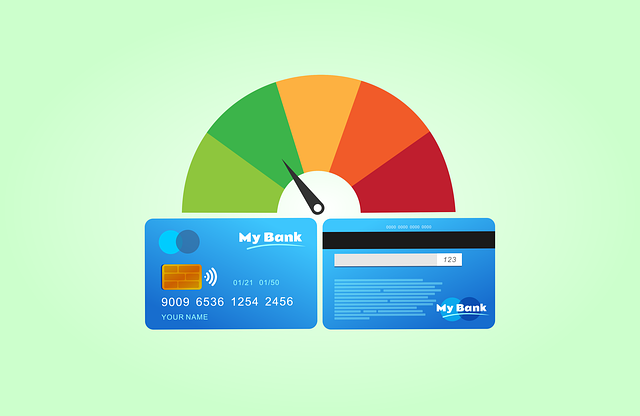
The Flex Modification program is a lifesaver for homeowners facing long-term financial hardship. This program allows borrowers who can no longer afford their current mortgage payments to explore loan modification options. These modifications aim to make your mortgage more manageable, preventing foreclosure and allowing you to stay in your home.
Understanding Flex Modification
The Federal Housing Finance Agency (FHFA) Flex Modification program is a lifesaver for homeowners facing long-term financial hardship. This program allows borrowers who can no longer afford their current mortgage payments to explore loan modification options. These modifications aim to make your mortgage more manageable, preventing foreclosure and allowing you to stay in your home.
What's New and Improved with Flex Modification?
The recent FHFA enhancements to the Flex Modification program offer several benefits for struggling homeowners:
Significant Payment Reduction: This is the big news! Borrowers can now achieve a substantial reduction in their monthly payments – up to 20% of their principal and interest (P&I)! This can make a world of difference in your monthly budget, easing the financial burden and allowing you to focus on getting back on your feet.
Flexible Modification Options: The program doesn’t take a one-size-fits-all approach. To achieve the 20% reduction, the program offers a combination of modification options. These may include lowering your interest rate (if you qualify), extending the loan term to spread out your payments over a longer period, and even forbearing principal for certain borrowers in specific situations. This flexibility allows your loan servicer to tailor the modifications to your unique financial circumstances.

Expanded Eligibility: The enhanced program is expected to be more inclusive, potentially helping a wider range of borrowers facing long-term hardship. This means even if you previously felt you wouldn’t qualify for assistance, it’s worth contacting your loan servicer to see if the new guidelines make you eligible.
When Can You Take Advantage of the Improved Flex Modification Program?
The improved Flex Modification program kicks off on December 1, 2024. If you’re facing mortgage hardship, don’t wait until the last minute. Start gathering your financial documents and prepare to reach out to your loan servicer as soon as possible after December 1st. The sooner you initiate the process, the sooner you can explore your options and potentially find relief through the Flex Modification program.
Remember: This blog post is for informational purposes only. If you’re struggling with your mortgage payments, it’s crucial to contact your loan servicer directly. They can assess your eligibility for the Flex Modification program and explain the specific steps involved. Don’t hesitate to reach out – their goal is to help you find a solution and keep you in your home.
For more consumer and mortgage industry articles be sure to check the other Mortgage Pulse Blog Posts!


























